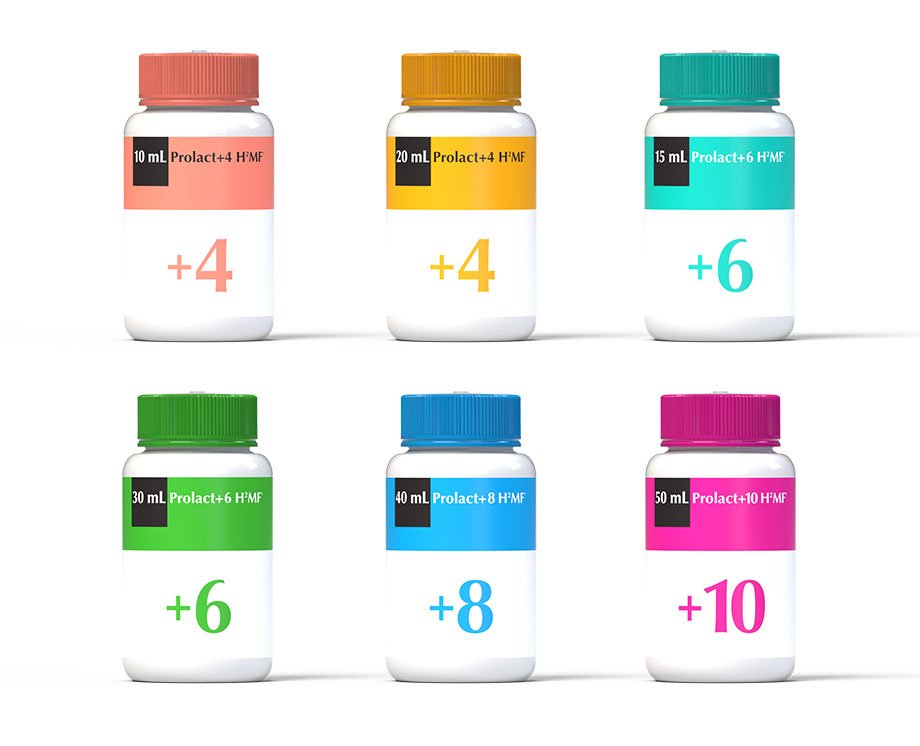Preemies miss out on the big growth spurt that happens during the last trimester of pregnancy.
To make up for the growth they missed in-utero, preemies need more calories, protein, and minerals than what breastmilk alone can provide. This added nutrition is vital to their survival, growth, and development.
This is why the American Academy of Pediatrics (AAP) recommends adding a “human milk fortifier” to mother’s own milk or pasteurized donor breastmilk for babies born weighing 3.3 pounds (1500 grams) or less1.
See the graphic to the right for information about the importance of a 100% human milk diet in the neonatal intensive care unit (NICU).


Breastmilk is vital nutrition for all babies. Nothing else provides the same benefits. In preterm infants, breastmilk is associated with:
The AAP has reaffirmed the importance of exclusive breastfeeding for the first six months for all babies. The AAP also recommends the use of breastmilk for all preterm babies, preferably mother’s own milk or pasteurized donor breastmilk1.
According to a study with 1,587 infants with a birth weight of up to 2 pounds 12 ounces (<1,250 grams) who were fed a 100% human milk diet including Prolacta’s products experienced decreases in serious complications, including:
The term “Human Milk Fortifier (HMF)” is a generic product name for a nutritional supplement that hospitals can add to mother’s own milk or donor breastmilk.
There is only one fortifier made exclusively from 100% donor breastmilk: Prolact+ H2MF® human milk fortifier (human, pasteurized). All other products labeled “HMFs” are made from cow milk.

We’re committed to supporting research in the study of human milk and premature infant nutrition. To date, more than 34 studies have been published on this topic, 14 of which we sponsored.
When used as part of an exclusive human milk diet (EHMD), Prolacta’s nutritional products are clinically proven to improve health outcomes3,4,5,6,7 and reduce hospital costs8,9 for critically ill, extremely premature infants as compared to cow milk-based fortifier or cow milk-based preterm formula.
More than 100,000 fragile premature infants throughout the world have benefited from Prolacta’s nutritional products, even more can thrive through better nutrition.10
A 100% human milk diet is achieved when 100% of protein, fat, and carbohydrate are from human milk.